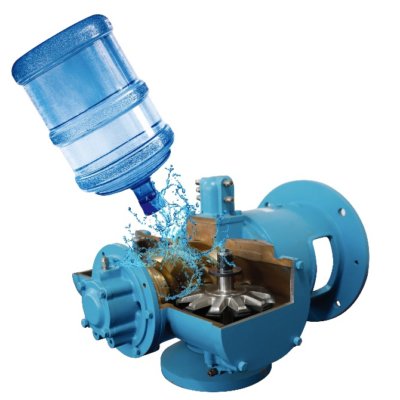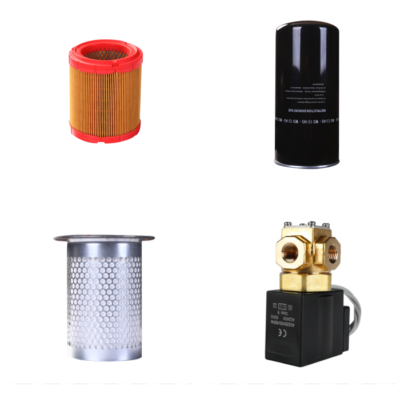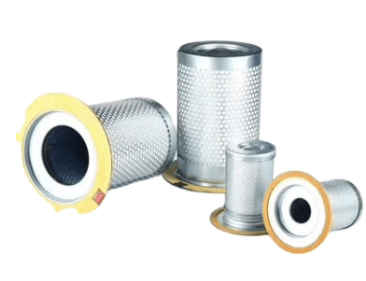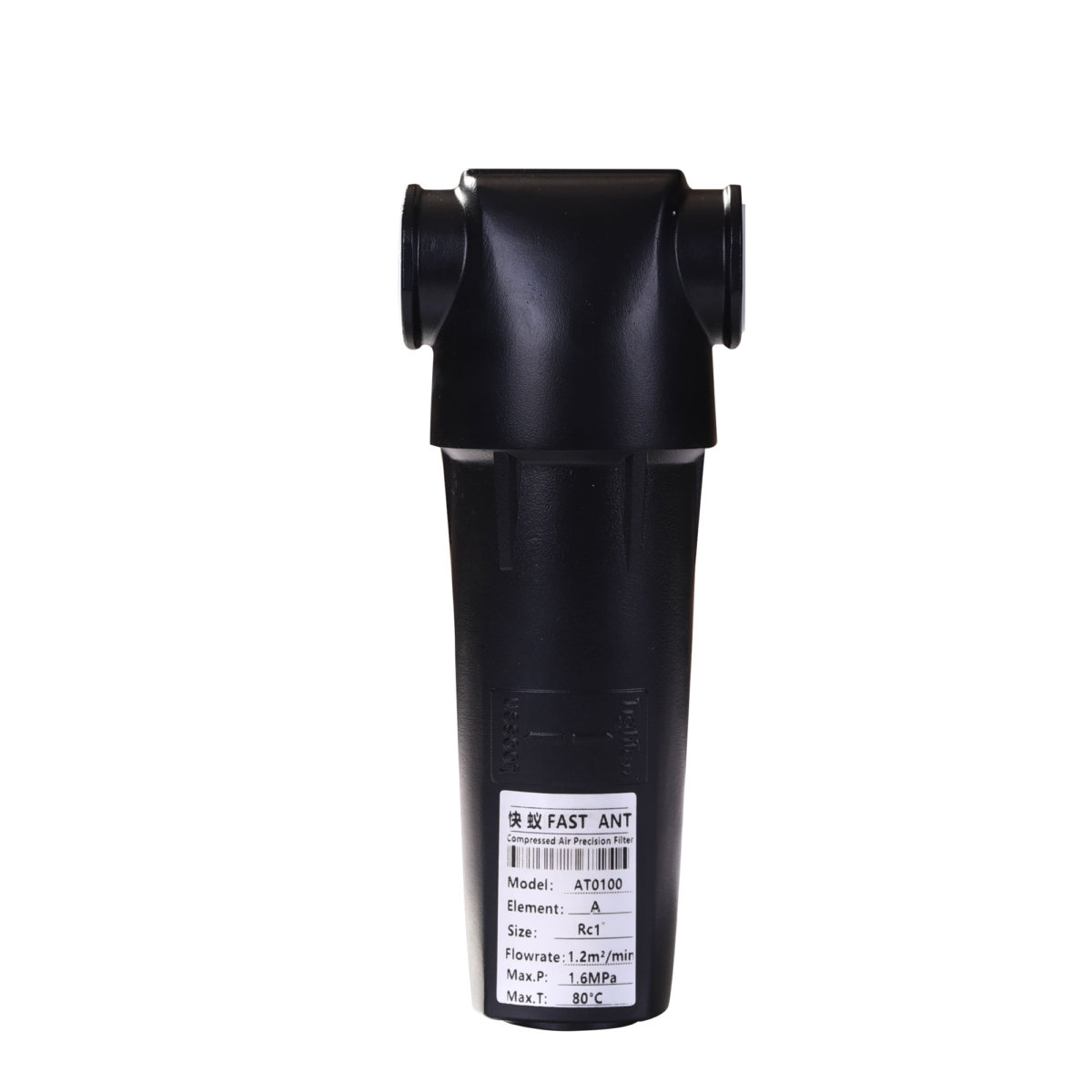At the same time, you have probably experienced those moments when your electrical appliance suddenly backfires, whether it be a refrigerator or an air conditioner. All of this leaves you wondering what might have caused the problem.
This guide will explain how to solve your unsolved problem in an extremely straightforward manner. There is a possibility that all these felonies may have been caused by the poor quality of your compressed air.
Occasionally, it occurs if you do not give it much notice. You need not worry, as we will provide you with a guide to maintain the compressed air quality and keep it squeaky clean in a few simple steps. Let’s get started.
Why Is It Crucial To Have Clean Compressed Air?

You might have thought about the reasons yourself as it is no surprise that the bad quality of compressed air is not good for anything. In fact, there is obviously a reason why the importance of clean compressed air is stressed.
Let me tell you exactly why you need to ensure the cleanliness of the compressed air:
Dirty Air Increases The Wear & Tear Of The Compressor
No matter how sturdy and expensive your compressor is, it will become the victim of wear & tear eventually one way or another. There are many things that might affect it.
But there is one thing that speeds up the process and makes it closer to its ending days, and that is bad compressed air.
If the quality of compressed air is questionable, it is without a doubt sure that it will ruin your compressor. The contaminants hinder the normal functioning of the compressor, and it will soon start to wear up and backfire.
No wonder clean compressed air is the need of the time!
Contaminated Air Clogs The Oil Separator
Suppose your oil separator was working just fine. But all of a sudden, it started to clog. You might think that it must be because of the oil. But how is that possible when the function of the oil separator is to deal with the oil?
Well, there are many ways an oil separator can be clogged. And the most plausible explanation is the unnecessary contamination of the compressed air.
If dirt and water particles enter the stream, the majority of chances are that it will surely clog your oil separator, and it will stop working just like that!
It will not only cost you your time, but it will cost you another oil separator. This frustration is never-ending. And all of this happened because of dirty compressed air.
Filthy Air Can Be Hazardous To Health
Last but definitely not least, a very important point that you must have thought of yourself: Health hazards.
We get that dirty air will ulteriorly destroy every piece of equipment that possesses the air, but that damage can be repaired easily. However, there is one irreparable damage, and that damage is no human health.
The contaminated air, if left unfiltered, can hinder your breathing. The dust particles go through your windpipe and can even cause you infections.
At the same time, not only will dust particles do that, if the unnecessary water content is retained in the compressed air and the AC uses that, it will cause extra humidity, and it can sometimes be fatal.
Who would’ve thought that a slight change in the compressed air could cost you so much? But now that you know it, you better watch out!
What Contaminants Can Be Found in Compressed Air?

Now it is time to discuss the most important argument. What is the thing that is causing all of this chaos? Why is compressed air becoming dangerous? And how does that contamination ruin the air quality?
Well, all of your questions will be answered on short notice if you just continue reading:
Contamination From Water Vapours
You might assume that a small thing like water content will never harm the compressor or your appliance. Well, the truth is far more twisted than you could imagine!
Excess water content in your compressed air can lead to some serious issues if it is not controlled. When the water is more than the required amount, it hinders the proper functioning of the compressor.
It not only destroys that, but it also increases the humidity more than necessary, and it can prove disturbing in every possible way.
Contamination From Oil
I know you might be thinking that oil is necessary for the machinery. I agree with your thought and must add that oil helps in lubricating the machinery. It makes sure that there is no friction in the working, and it goes along just fine.
But that is not what is disturbing us here. We are talking about the extra oil that may mix in the air.
How is that possible? Well, the oil is present in little droplets that get mixed up in the air. But how is that a problem?
Well, as most of the types of equipment are frictionless and well-lubricated, the extra oil does not help. And according to the present technology, it should be kept to a minimum.
Contamination From Microorganisms
Microorganisms tend to originate in places where the humidity and the temperature are suitable for them. Now let’s talk about how these creatures dwell in your equipment?
When the compressed air is contaminated from humidity, oil, and dirt, it acts as the perfect environment for the microorganisms to grow.
Just imagine, the compressor in your refrigerator might have these microorganisms. Would you want that? A big no!
Well, if you do not solve the matter beforehand, you are going to have massive issues. And we both know that you do not want that!
Contamination From Dust Particles
Having dust in the compressed air is not unusual. The dust gets collected from many places, and it contaminates the cleanliness of the compressed air.
It can become a major hurdle in the working of the compressor. And just imagine if that dust gets clogged up. It would be a complete nightmare! Not only will it be detrimental to your equipment, but it will also cost you a lot if your appliance gets damaged because of the clogged dirt.
What Should Be The Optimum Quality Of Compressed Air?

From everything that you have just read, you might have known by now that there are many factors that affect the quality of compressed air.
Let me sum them up to let you know what the quality of air should be. Let’s start, shall we?
Firstly, the oil content should be less than 3 mg/m3 so that it can be low enough to prevent contamination at all costs. But what about microorganisms? Well, it goes without saying that they should be non-existent. You don’t want to risk it!
At the same time, the air should be dry, and the water content should be kept at a minimum.
The rest can be taken care of if you use precautionary measures and pieces of equipment for cleaning compressed air.
How to Remove Contaminants from Compressed Air?
We have discussed everything by now. So what’s left?
I know. We need to look into the process and steps of how to get that compressed air clean.
It is indeed the most important thing, and now that we have reached that point, what’s stopping you?
Filters To Ensure Oil-Free Compressed Air
There are many filters that are built just to ensure that your compressed air is oil-free. The filter blocks the oil from entering the compressor, and you can forget about the worry of oil interrupting the process of the compressor.
Eliminating The Water-Content In Compressed Air
The water content can be removed by various equipment. You can install special devices that will make sure that the water content does not reach more than the limit.
Separation Of Condensed Water From Air
One of the most effective methods of protecting your compressed air and cleaning is to separate the water from the air. Sometimes you cannot stop it, and it reaches the air. But don’t worry. You can always separate. There will be different tools in no time.
Separation Of Compressed Air From Extra Oil Content
Another thing that you can do is to separate the compressed air from the oil.
Suppose you could not stop the oil from exceeding, and now it has reached the compressed air. Even if it is not that effective, you can extract the oil from the air, and you are good to go!
The Best Equipment To Achieve Quality Compressed Air

I understand that your mind might be bombarded with loads of questions about cleaning, and now you must think, how will I do these processes to clean the compressed air?
But as I promised that it would be an ultimate guide, here are a few types of equipment that can change your perspective, and you can utilize them for the best results:
General Air-Line Filters
If you do not want to go into the specifics, you can always opt for all-purpose filters that will do just the right amount of job to keep your compressed air clean.
Water-Oil Separators
The special equipment of water-oil separators is built specifically to separate these two emulsifying elements. You can definitely use one for your advantage!
Activated Carbon Air Filters
Some things are always left unspoken. Well, not on my watch!
What people forget is that air can also get contaminated from the stench and odor. The best way to prevent that is to use activated carbon filters that will remove any kind of unwanted smell, and you will have fresh compressed air.
High-Efficiency Air Dryers
You can always depend on air-dryers to dry up the air and eliminate extra moisture for good! These pieces of equipment know how to do their work, and they do it exceptionally well.
Multifunctioning Air Regulators
Apart from the common factors, you can always install air regulators that ensure the optimum environment for your compressed air.
When the temperature of the environment gets troublingly hot, these air regulators will do the work for you and maintain an optimum temperature undoubtedly!
Compressor After Coolers
Aftercoolers are excellent for installing compressors. They extract the water vapors and prevent them from reaching the compressor. That way, your compressor will be free from any kind of extra water content.
Myths Vs. Facts About Compressed Air

I wanted to go beyond limits and give you all the information you need. But let me give you some advice before you go. You might have heard different things about compressed air, and let me clear up the myths for you:
Smaller Micron Size Is Better
Many people suggest that the smaller the size of the mesh of the filter, the better it works.
When in fact, you need just the right amount of size because a smaller size can put pressure on the compressor.
The Material Of The Filter Doesn’t Matter.
The material of the filter affects the quality of the compressed air by many times. The better is the material, and the better are the chances of blocking unwanted particles and contaminants from reaching the compressor.
You Can Check The Filter With Sight
If you are thinking that you can check whether the filter needs to be changed or not by merely looking at it, you are at fault!
There are many parameters that need to be checked before the filters start to show signs.
Liquid Can Be Drained Manually
People say that the collected water can be manually drained, and it will not harm anything.
Well, it is impossible to manually drain every ounce of extra water, and you need aftercoolers to make it possible.
Now that you know everything about how to get clean compressed air, I think you are good to go!